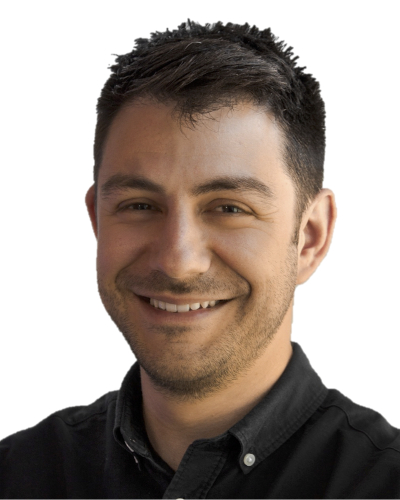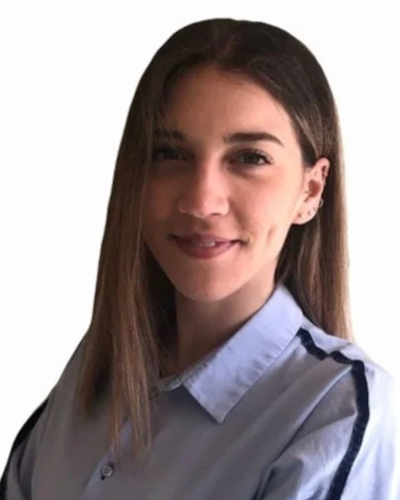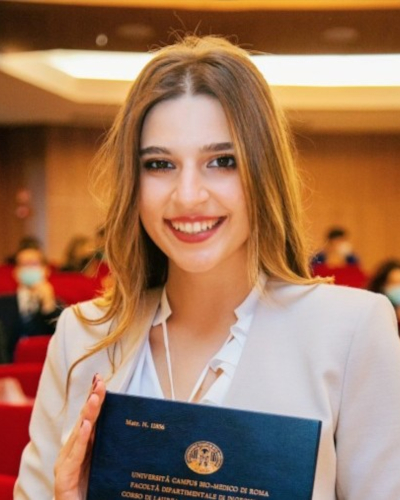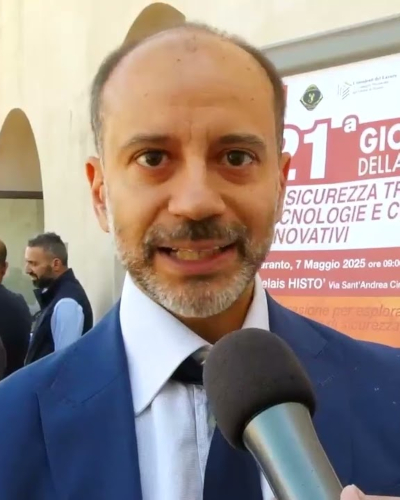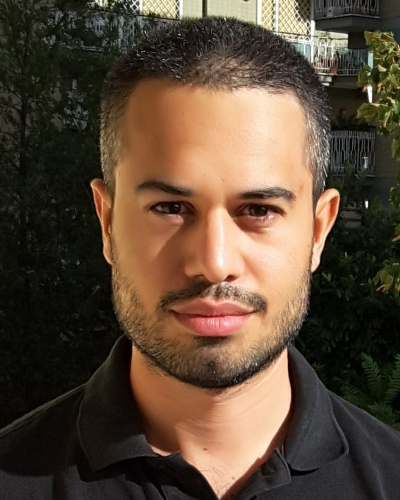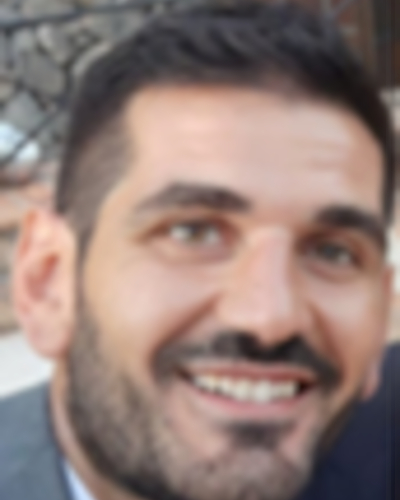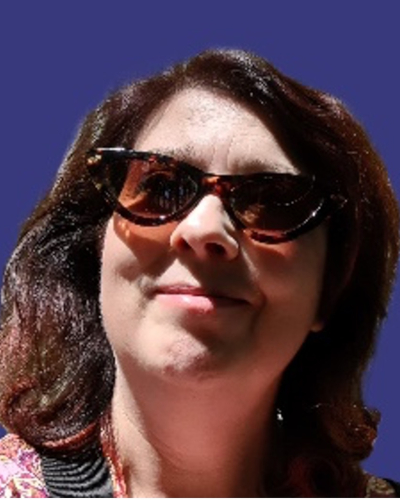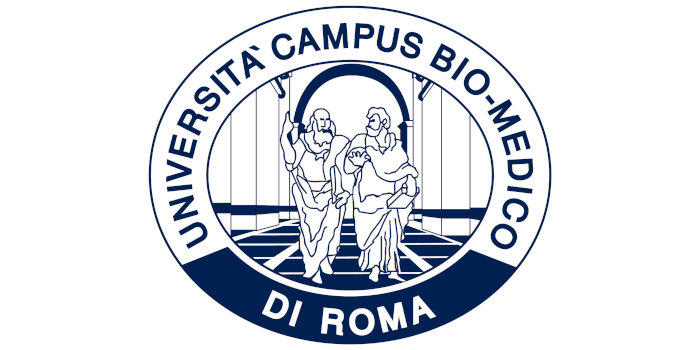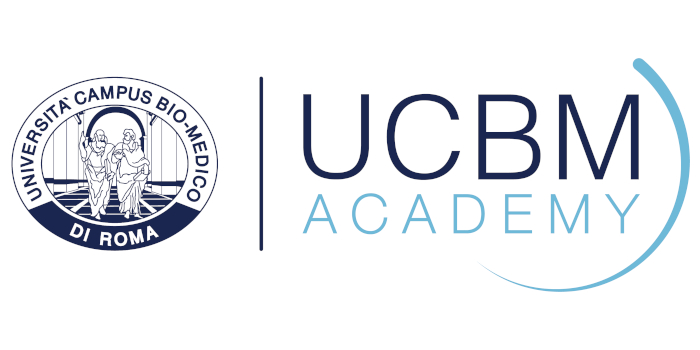SPECIAL SESSION #2
Applications of Sensors and Measuring Techniques in Occupational and Sports Fields
ORGANIZED BY
Carlo Massaroni
Università Campus Bio-Medico di Roma, Italy
Chiara Romano
Università Campus Bio-Medico di Roma, Italy
Mariangela Pinnelli
Università Campus Bio-Medico di Roma, Italy
Alessandro Ledda
Istituto Nazionale per l'Assicurazione contro gli Infortuni sul Lavoro, Italy
Andrea Nicolò
University of Rome “Foro Italico”, Italy
Fabrizio Marra
Sapienza University of Rome, Italy
Maria Rosaria Fizzano
Istituto Nazionale per l'Assicurazione contro gli Infortuni sul Lavoro, Italy
ABSTRACT
In recent years, sensor technologies and advanced measurement techniques have improved how we monitor performance, safety, and health in both occupational and sports contexts. These tools enable the continuous recording of real-time, objective, and context-sensitive data, offering profound insights into physiological and biomechanical processes during occupational tasks and physical activities.
From factory floors to training fields, sensor-based systems are increasingly embedded in wearables, equipment, and smart environments. They enable the monitoring of vital information related to workload, fatigue, physical effort, and posture, as well as environmental and risk exposure in a non-invasive, seamless manner—even under dynamic or high-risk conditions. This technological evolution supports injury prevention, performance optimization, ergonomic design, and personalized intervention strategies.
However, as these technologies move from controlled laboratory environments to real-world settings, significant challenges remain. Issues such as signal artifacts, sensor calibration drift, data integrity in motion-rich environments, and the reliability of long-term monitoring still pose barriers to widespread adoption. Furthermore, the need for robust validation protocols, effective sensor fusion strategies, and privacy-preserving data analytics continues to grow—especially in real-world and uncontrolled scenarios.
This special session invites contributions addressing novel sensing solutions, data analysis methodologies, and real-life implementations in occupational health and sports science. Topics of interest include (but are not limited to) physiological monitoring, movement analysis, wearable integration, machine learning for sensor data, decision-support systems, validation studies, and case-based research in applied environments.
TOPICS
The main topics are related to:
- Sensors and measuring systems design and/or metrological characterization;
- Cutting-edge technologies and devices;
- Reliability, validity, and accuracy of sensors and measuring systems;
- Algorithms for processing and interpreting physiological and biomechanical data;
- Strategies for simulating and modeling physical and cognitive functions;
- Traditional and non-traditional biomarkers derived from unobtrusively collected signals;
- Metrics, algorithms, and advanced signal processing techniques;
- Measurement and analysis of physiological and physical variables, signals, and related techniques;
- Challenges and solutions for real-time data acquisition and streaming, focusing on maintaining accuracy in real-world environments;
- Sensors used for risk analysis and workplace conditions;
- Innovative algorithms for risk assessment and prevention strategies;
- Innovative sensor-based solutions to improve workers’ safety.
ABOUT THE ORGANIZERS
Dr. Carlo Massaroni received his BSc (2010) and MSc (2012) in Biomedical Engineering and Ph.D. in Bioengineering (2017) from Università Campus Bio-Medico di Roma (UCBM). Currently, he is Tenure-Track Assistant Professor at UCBM. His research interests are focused on the design, development, and tests of sensors, measuring systems and devices for mechanical and thermal measurements, with particular emphasis on the design of wearable and unobtrusive systems for the measurement of physiological and biomechanical parameters. He is principal investigator and WP leader in several ongoing national and international projects dealing with wearable and unobtrusive technologies for physiological monitoring and biomarkers estimations in the medical, occupational and sports fields. He is a Senior Member of the IEEE, and serve as Secretary in IEEE Sensors Council Italy Chapter and IEEE Biometrics Council Italy Chapter. He is also Associate Member of the "Wearable Biomedical Sensors & Systems" TC of the IEEE EMB.
Chiara Romano (Student Member, IEEE) received the M.Sc. (cum laude) degree in biomedical engineering from the Università Campus Bio-Medico di Roma (UCBM), Rome, Italy, in 2021, where she is currently Post-Doc Researcher.
Her main research interests include the design, development, and testing of wearable devices for monitoring physiological parameters mainly in occupational and sports fields.
Mariangela Pinnelli (Student Member, IEEE) received the M.Sc. (cum laude) degree in biomedical engineering from the Università Campus Bio-Medico di Roma (UCBM), Rome, Italy, in 2023, where she is currently the Ph.D. degree. Her main research interests include the testing of wearable devices for monitoring physiological parameters and human motion data in occupational scenarios and firefighters.
Andrea Nicolò received his Ph.D. in Sports, Exercise and Ergonomics (2015) from the University of Rome “Foro Italico”, and he is currently an Associate Professor at the same University. His research focuses on breathing monitoring in different sports and on the mechanisms underlying the control of breathing during exercise. He has worked on different research projects funded by major national and international sports companies, with the aim of developing new exercise tests and training metrics or validating training devices and related algorithms. He is the chair of the “Sports Sensors” technical committee of the IEEE Sensors Council Italy Chapter.
Fabrizio Marra is a technical engineering at the Department of Astronautical Engineering, Electrical and Energy Engineering at La Sapienza University of Rome and at CNIS. In 2009 he obtained a three-year degree in Computer Engineering ((DM 509/99) - ORDIN. 2009), in 2012 the Master's degree in Engineering Nanotechnology Engineering ((DM 270/04) - ORDIN. 2010] (class LM-53)) both at the University Sapienza University of Rome. During her Master's degree he participated in the Erasmus project for a period total of 7 months at Aalto University in Helsinki (Finland). In February 2014 he qualified as a professional engineer. In the academic year 2015, he obtained a Doctorate in Engineering of Materials, Technologies and Complex Industrial Systems at the Sapienza University of Rome. During the PhD period he was Visiting Researcher at Institute for Polymer Science and Technology (CSIC-ICTP) in Madrid. Mainly focused on the development and realisation of composite materials for applications such as shielding against electromagnetic interference, absorbing radar materials, and deformation sensors. In particular, during his master's thesis and doctorate, he developed EMI shields, RAM materials based on carbon nanostructures and related polymer matrix nanocomposites, with controlled electrical and EM controlled properties. Since November 2016, he has been working in the Department of Engineering Astronautics, Electrical and Energy Engineering (DIAEE) of the Sapienza University of Rome and at the Centre for Applied Nanotechnologies in Engineering (CNIS), as technical manager of the laboratory of Rheology and Electroreology.
Graduated in Chemistry, Maria Rosaria Fizzano works at the Technical Consultancy Department for Health and Safety of Inail. Since 2016 she has been involved in personal protective equipment (PPE). Currently, she is convenor of Italian Standards Body (UNI) working group "IoT technologies applied to PPE" and vice president of the UNI commission “PPE”. She is a member of several projects on smart PPE and the author of several publications, including the volume “Smart PPE” (Inail edition).


